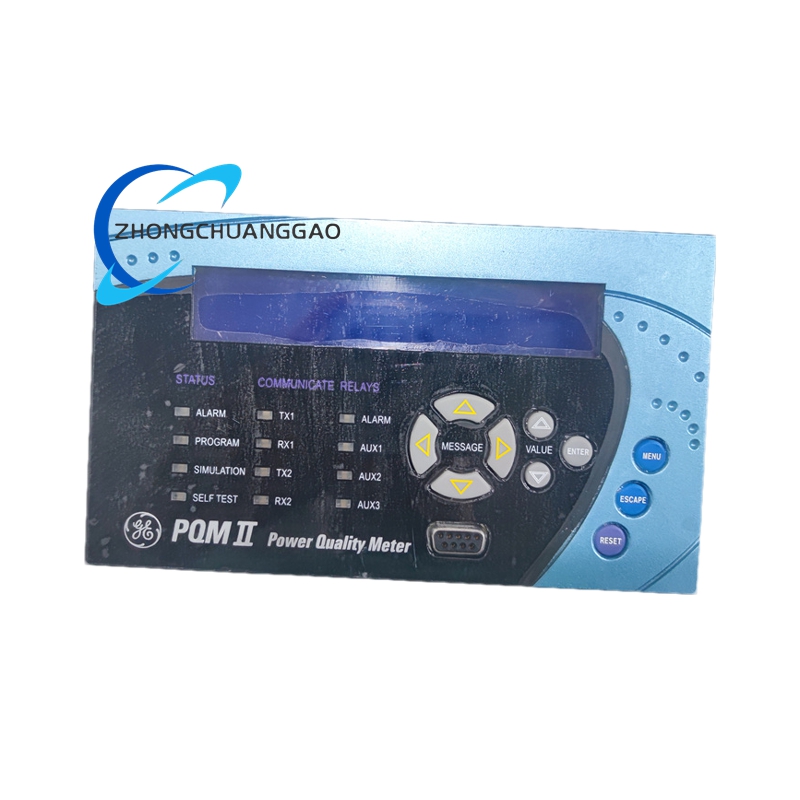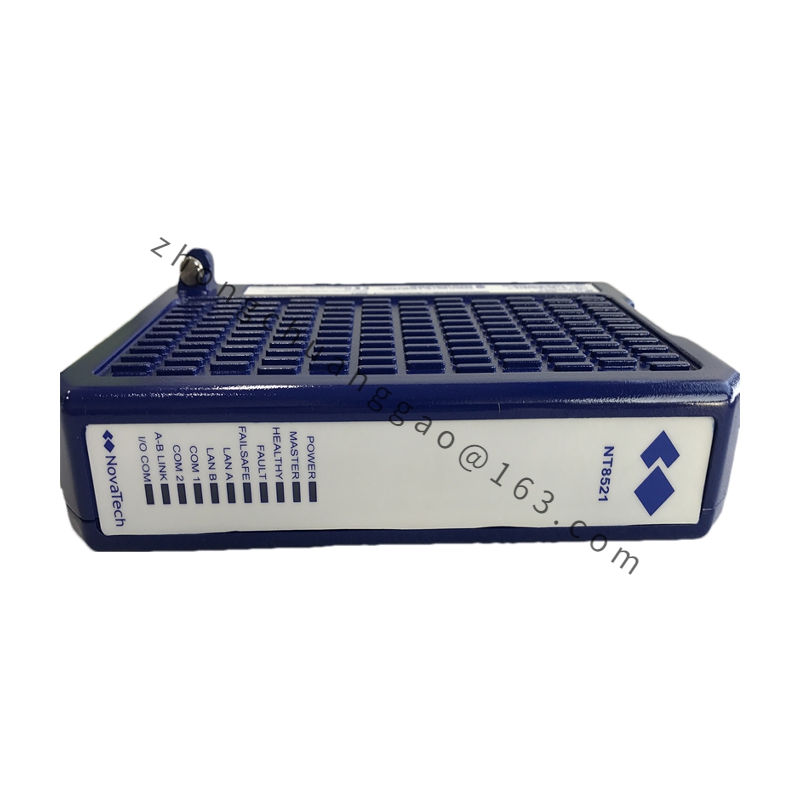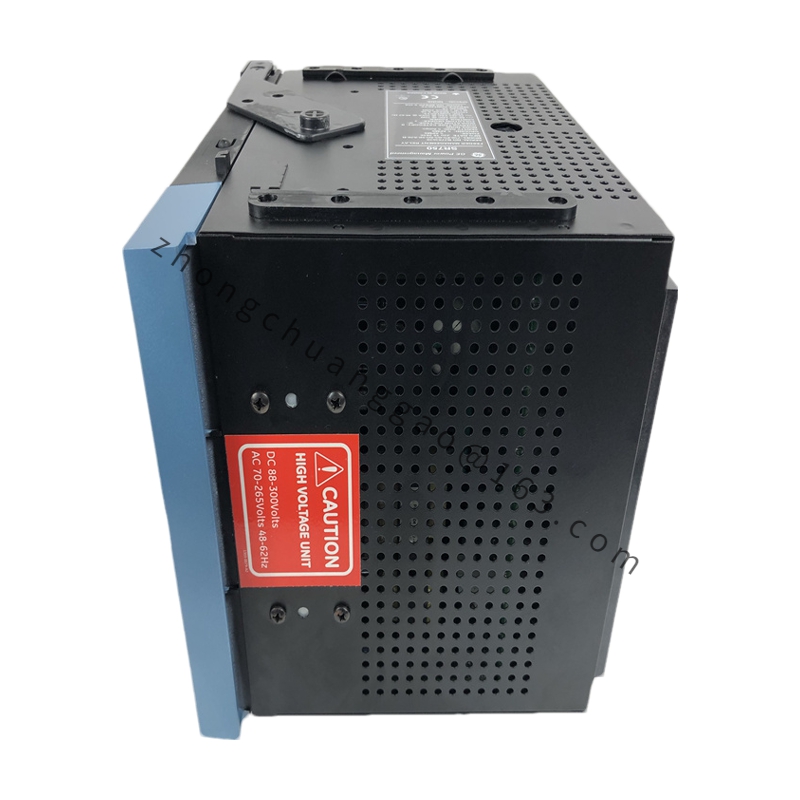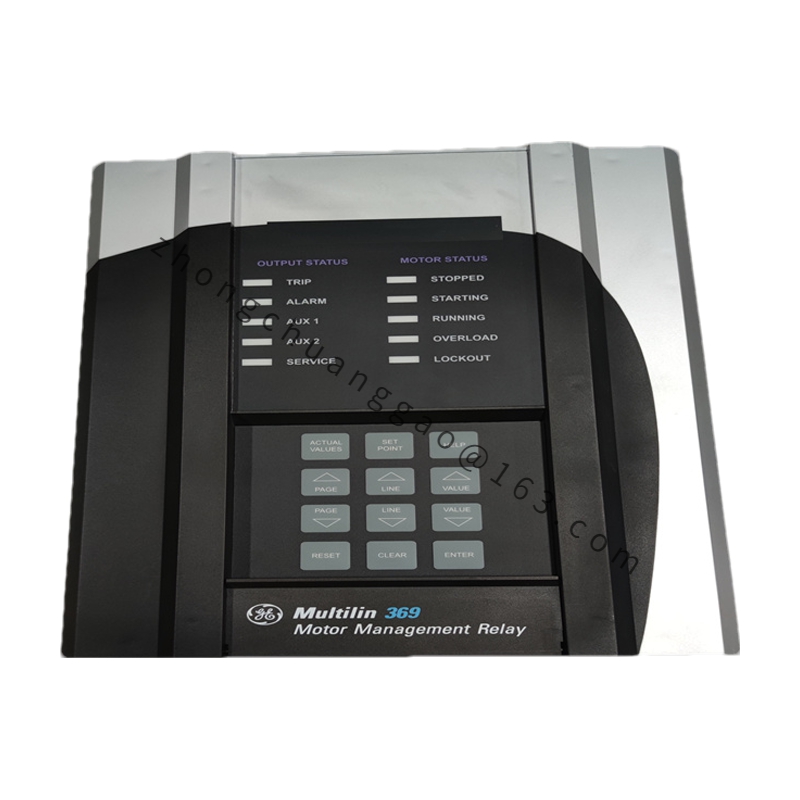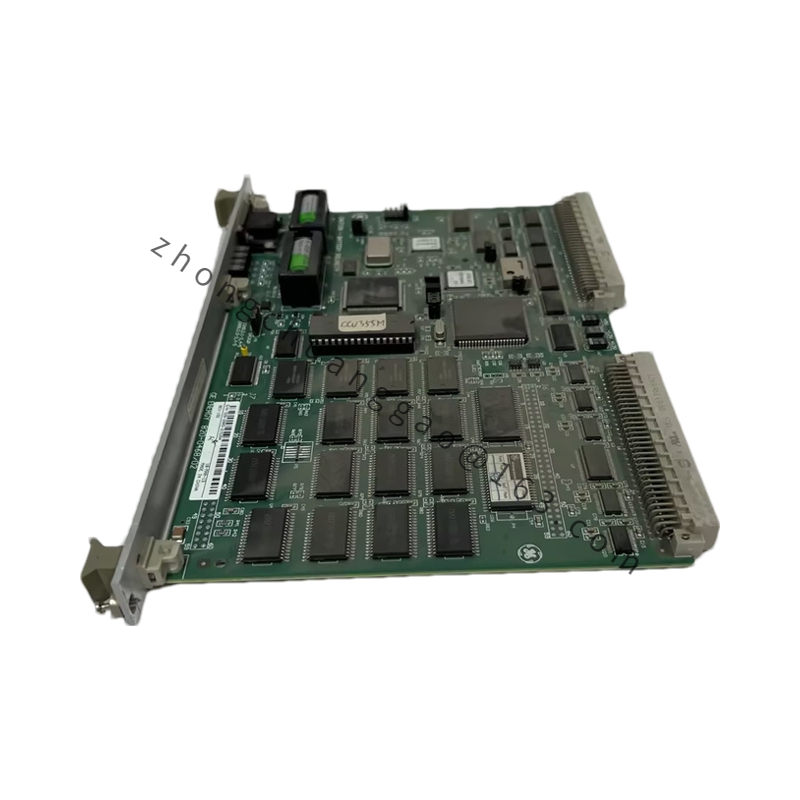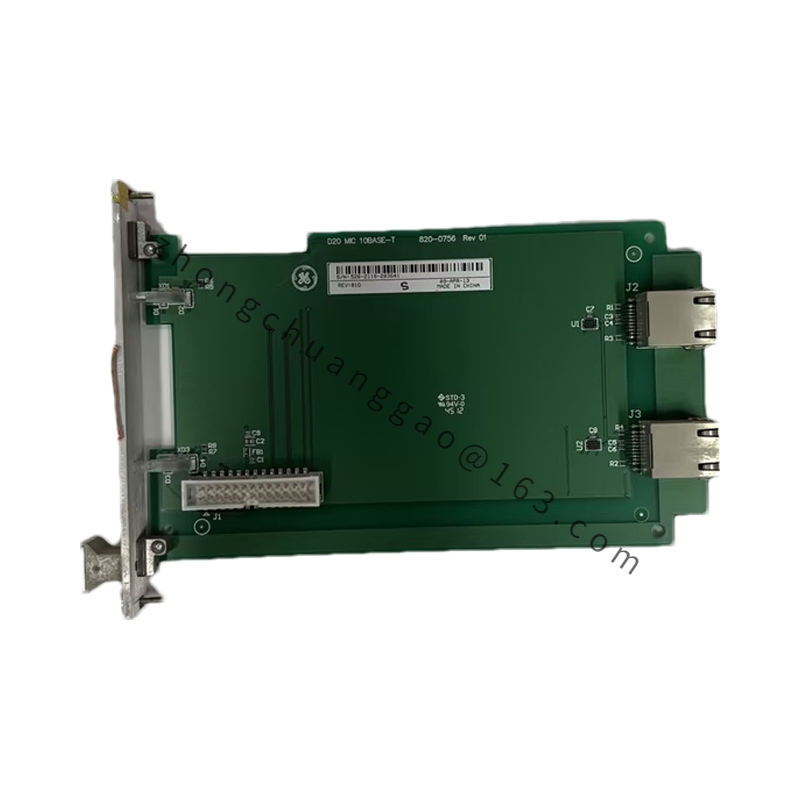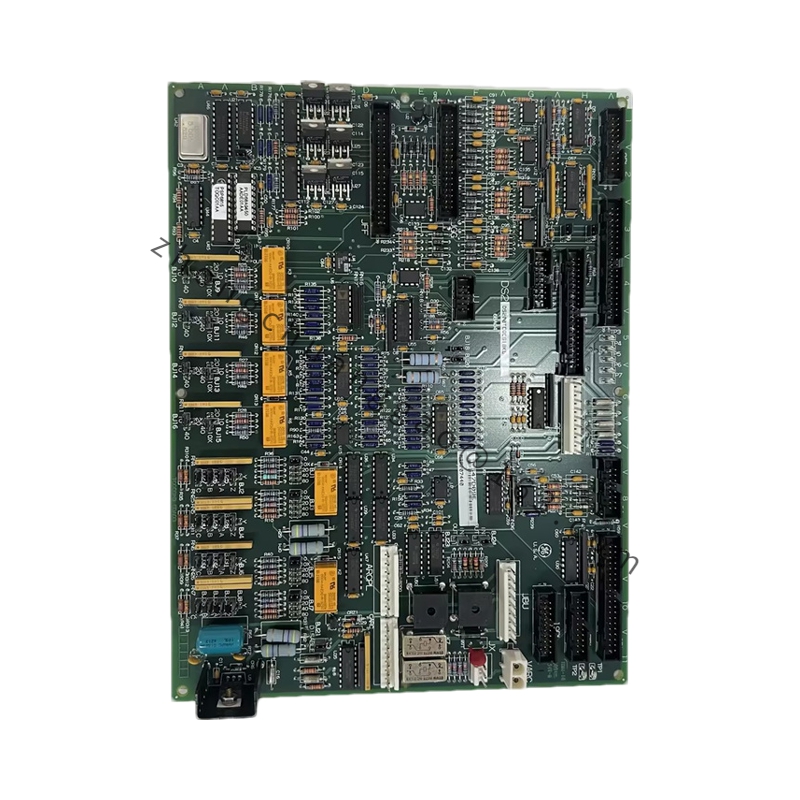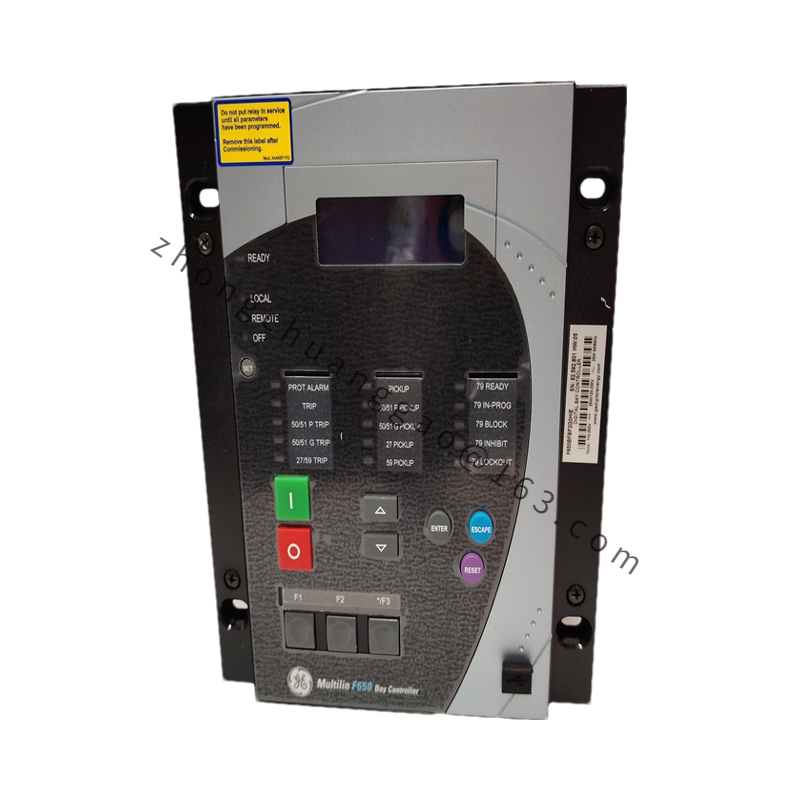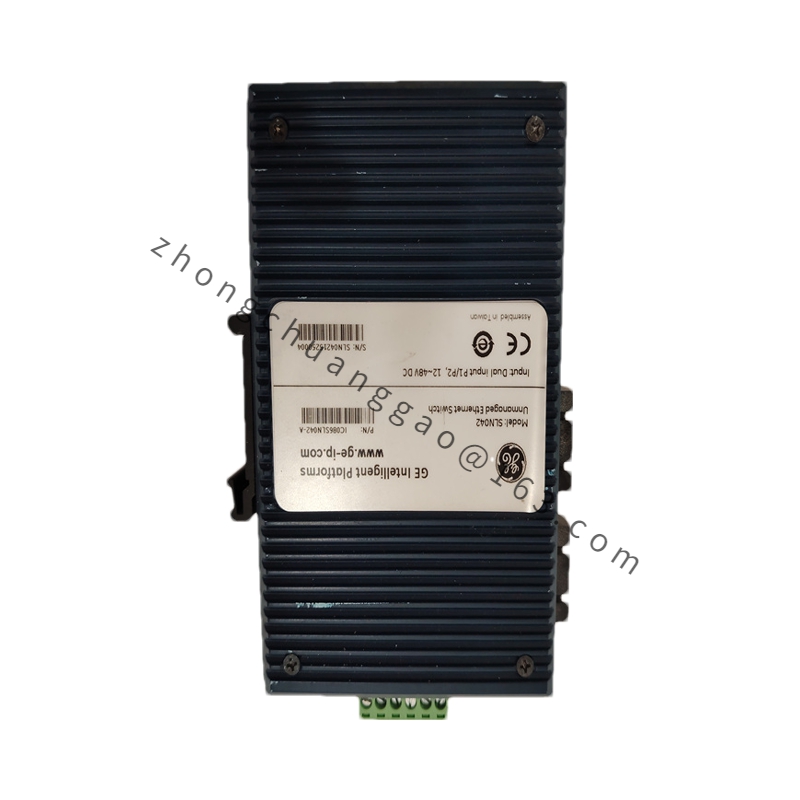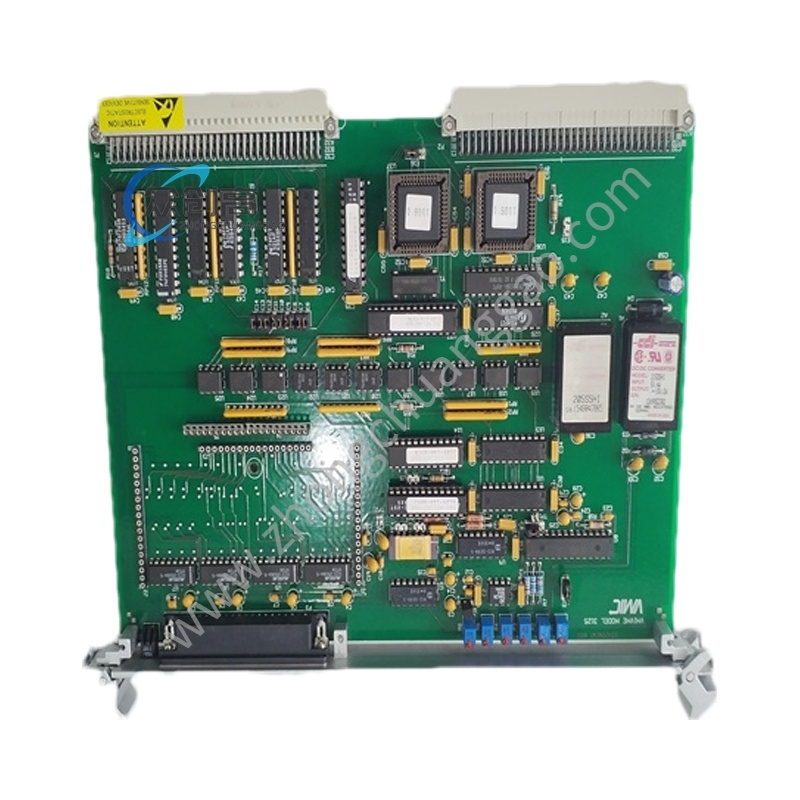GE PQMII-T20
Technical Specifications
- Voltage Measurement
- Range: 100 V to 600 V phase-to-phase (direct connection); up to 34.5 kV with current transformers (CTs) and voltage transformers (VTs)
- Accuracy: ±0.1% of reading (for voltage, current, power)
- Current Measurement
- Range: Up to 5 A (direct connection); scalable with CTs (up to 10,000 A)
- Accuracy: ±0.1% of reading
- Power Measurement
- Active Power: ±0.1% of reading
- Reactive Power: ±0.2% of reading
- Apparent Power: ±0.1% of reading
Detailed content
- Frequency Measurement
- Range: 45 Hz to 65 Hz
- Accuracy: ±0.001 Hz
- Harmonics Analysis
- Measures up to 63rd harmonic for voltage and current
- Total Harmonic Distortion (THD) calculation for voltage and current
- Data Logging & Storage
- Internal memory: Stores up to 1 year of trending data (at 1-minute intervals)
- Supports external storage via USB
- Communication Interfaces
- Ethernet (TCP/IP, Modbus TCP)
- RS-485 (Modbus RTU)
- USB port (for configuration and data export)
- Power Supply
- Voltage: 85 V to 265 V AC/DC
- Environmental Ratings
- Operating Temperature: -25°C to +70°C
- Humidity: 5% to 95% (non-condensing)
- Protection Class: IP20 (panel-mounted)
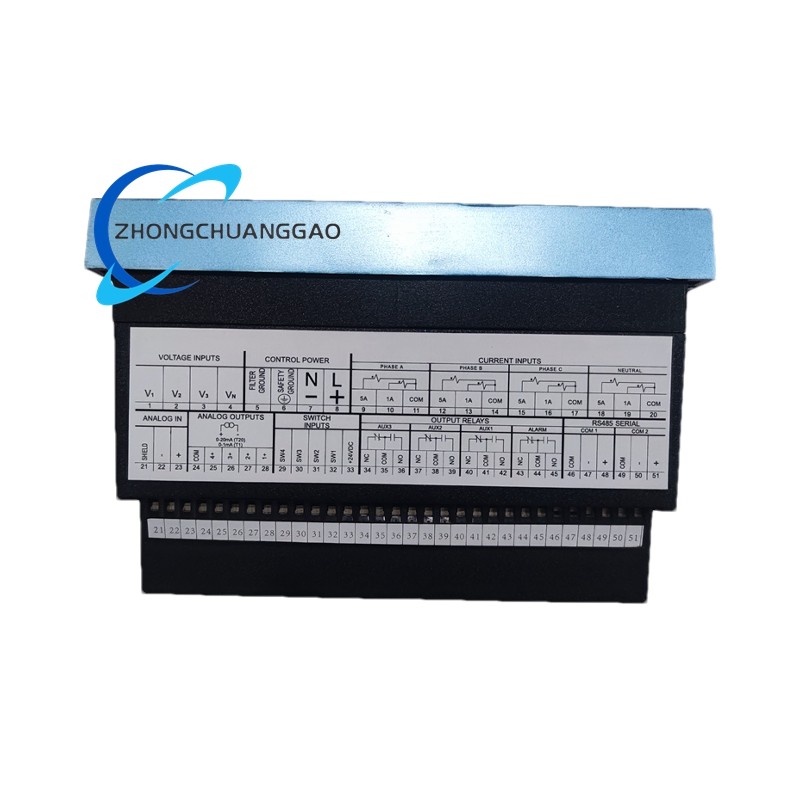
Functional Characteristics
- Comprehensive Monitoring: Tracks voltage, current, power (active, reactive, apparent), energy usage, frequency, harmonics, and power factor in real time.
- Power Quality Analysis: Detects and records voltage sags, swells, transients, interruptions, and harmonic distortions, with timestamped event logs.
- Advanced Data Visualization: Equipped with a backlit LCD display showing real-time metrics, trends, and event summaries.
- Flexible Integration: Compatible with SCADA systems, building management systems (BMS), and energy management software via standard communication protocols.
- User-Friendly Configuration: Configurable via front-panel buttons, USB, or web interface, allowing customization of measurement parameters, alarms, and data logging intervals.
- Alarm Capabilities: Programmable alarms for over/under voltage, overcurrent, high THD, and other user-defined thresholds, with relay outputs for external alerts.
Application Scenarios
- Industrial Facilities: Monitors power quality in manufacturing plants, ensuring stable operation of machinery and preventing downtime from electrical disturbances.
- Commercial Buildings: Tracks energy consumption and power quality in office complexes, data centers, and hospitals, optimizing energy usage and reducing costs.
- Utility Substations: Provides grid operators with detailed data on power flow, harmonics, and voltage stability, supporting grid management and maintenance.
- Renewable Energy Systems: Integrates with solar, wind, or battery storage systems to monitor power output, grid integration, and compliance with utility standards.
- Critical Infrastructure: Used in airports, seaports, and transportation hubs to ensure uninterrupted power supply and protect sensitive equipment from power quality issues.

